Last Updated on October 1, 2024 by Hannah Stephenson
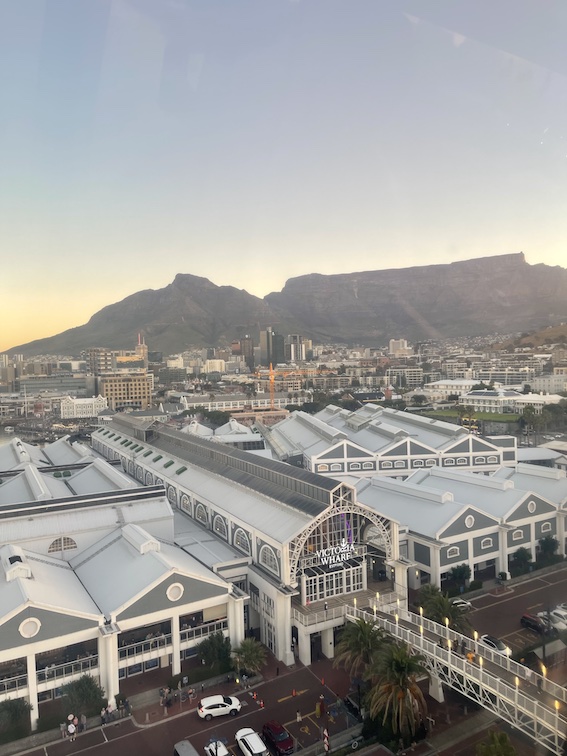
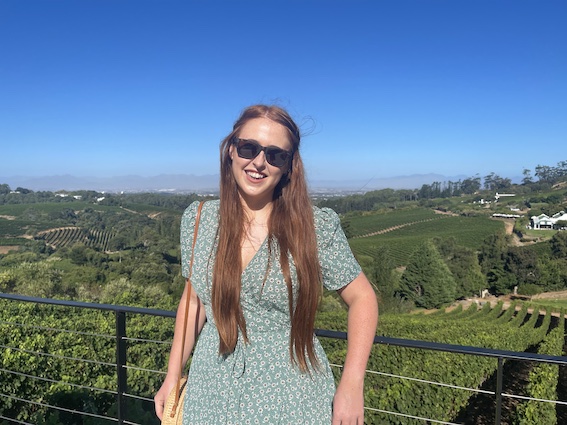
I’m well aware that Cape Town has a reputation as a dangerous place to be. Many first-time visitors are understandably nervous about setting foot in the Mother City. In reality, it’s safe for travellers to come here but there are some things to know beforehand.
While I find Cape Town an easy place to live, like anywhere it has its quirks and customs. From tipping in restaurants to alcohol rules and the infamous car guards, I’ve put together a list of things you need to know.
This is everything I wish I had known before travelling here for the first time. I promise, it will make your time in Cape Town much easier!
1) Prepare for Load Shedding
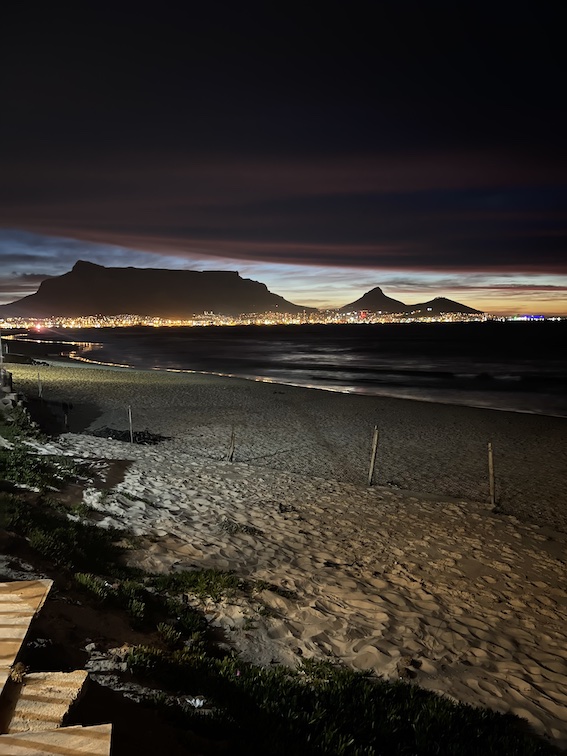
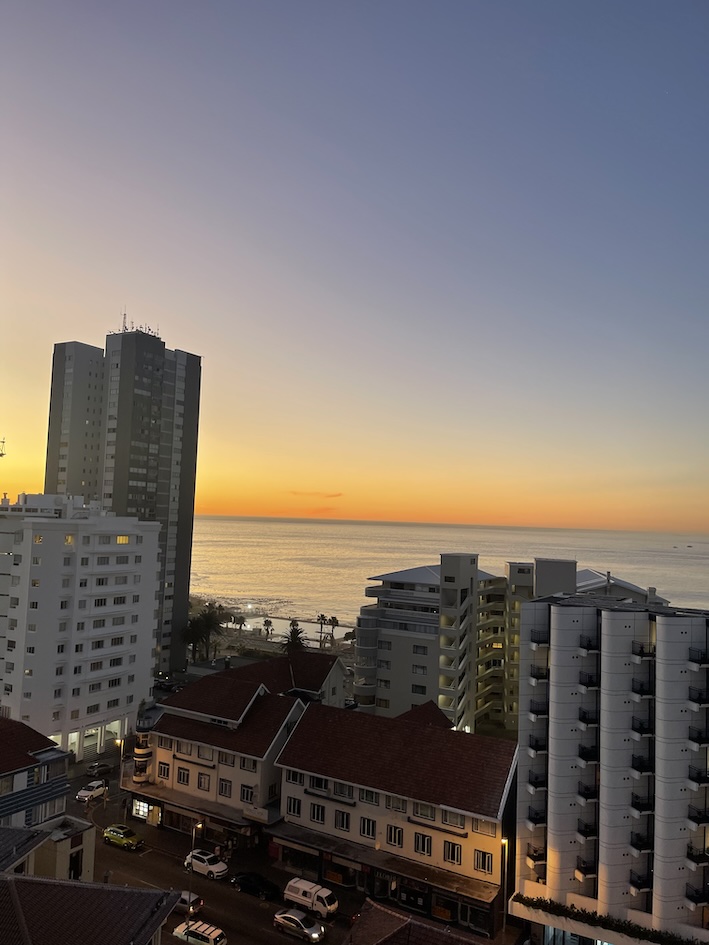
Load shedding is the term for regularly scheduled power cuts that are designed to save electricity. This is because South Africa doesn’t have the infrastructure to power everybody’s homes at once.
Load shedding is, to put it politely, a pain in the arse. The power goes off for 2-4 hours at a time, and there’s nothing you can do about it.
You can prepare for load shedding by downloading the Eskom Se Push app on your phone so that you at least know when it’s going to happen.
Some hotels don’t get load shedding, especially around the CBD. Lots of places have generators or backup power supplies for certain appliances and WiFi.
However, it’s not just your home that will be affected by load shedding. Traffic lights turn off too, so the roads can feel a bit chaotic. Restaurants sometimes close for a few hours, or offer limited menus. It definitely doesn’t affect you as much if you’re just here for a holiday, but you will still notice it.
2) You Won’t Need Much Cash…
There’s no point converting loads of cash to rand before you arrive, or withdrawing a ton once you’re in the country.
You can pay for almost everything here on a credit or debit card, so my advice to you would be to get a card with no fees and use that wherever possible. Apple and Google pay are accepted everywhere too! However, lots of places don’t accept cash anymore.
It’s still useful to have a little cash for car guards or renting umbrellas on the beach, but you really don’t need a ton.
3) Bring Layers

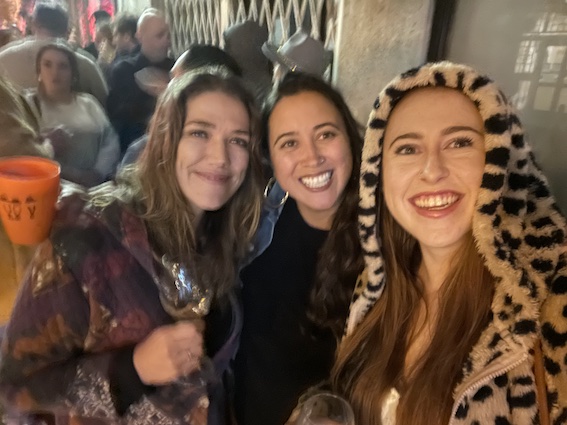
Even during the summer it sometimes gets chilly at night in Cape Town, and don’t get me started on the wind. It’s definitely worth packing a few layers regardless of when you’re going to be here.
And if you’re visiting during the winter, a thicker jacket or light coat will be necessary. The temperature rarely drops below 10°C in Cape Town, so it’s hardly freezing, but you’ll definitely need something!
4) Avoid Partying on Long Street
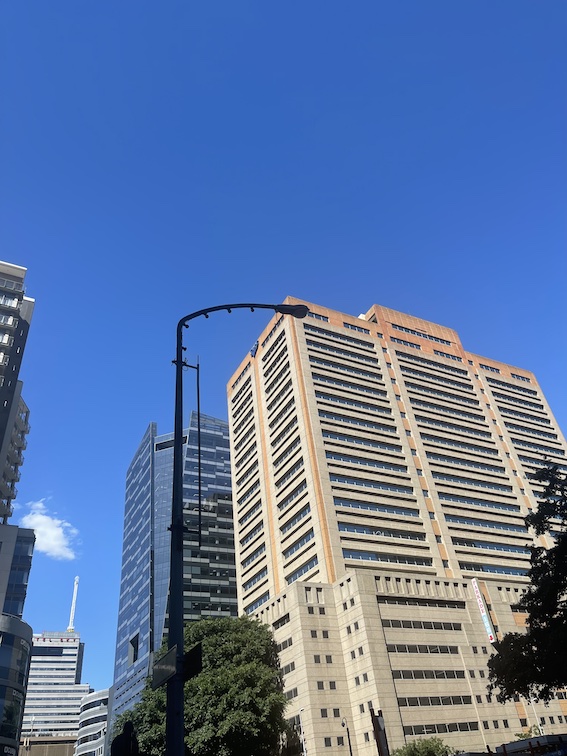
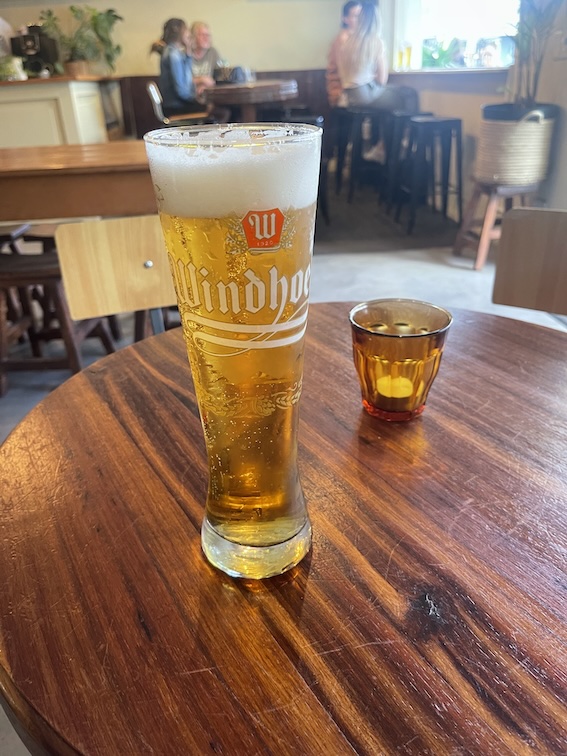
Long Street is a buzzing street in the centre. It’s known for being a nightlife hub and, well… for being a bit dodgy.
Okay, a lot dodgy. It’s notorious for muggings and pickpocketing. All of my local friends warned me against this place, and there are plenty of other, safer places where you can have a great night in Cape Town.
You’ll be fine on Long Street during the day, although I would still recommend keeping a close eye on your possessions and not taking your phone out unless it’s absolutely necessary. It’s really not that great so I promise you’re not missing out on anything!
5) Uber is Safe
Given Cape Town’s reputation as a very dangerous city, I can understand why you might have qualms about using Uber here, but it’s perfectly safe. It’s my main way of getting around the city and I’ve taken countless Ubers late at night, alone, and been fine. Uber drivers are usually really friendly and I don’t know anyone who’s had an incident with an Uber.
However, there have been lots of rumours about the rival ride hailing app, Bolt, so try to avoid using that.
6) It’s Custom to Tip 10%
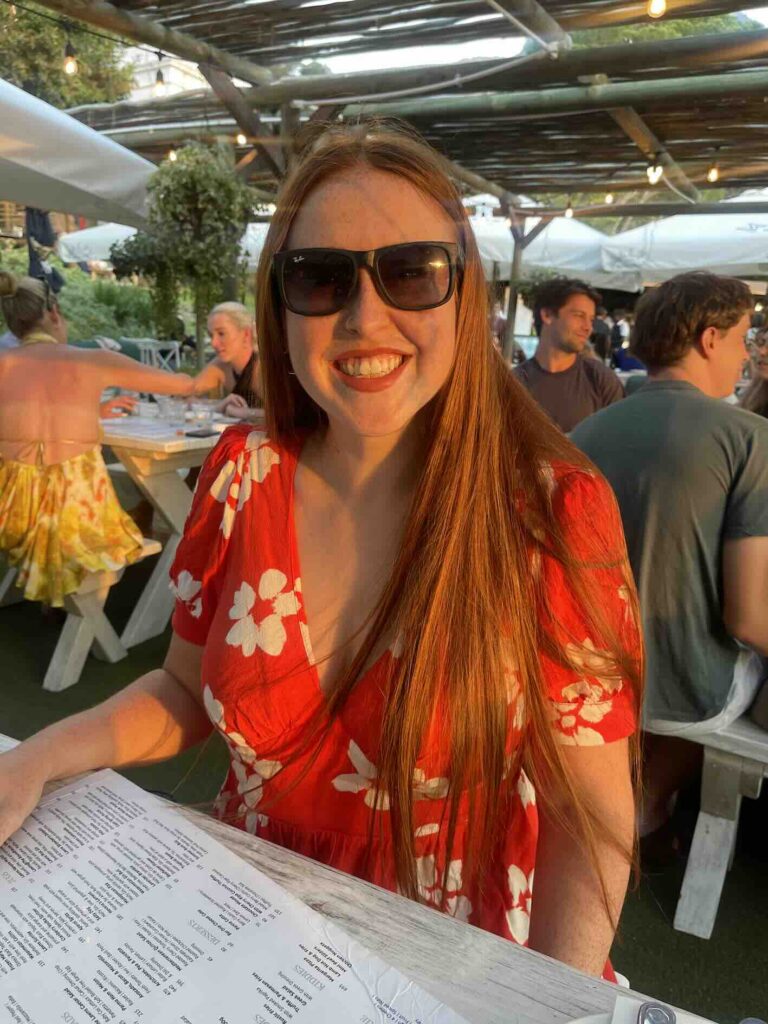

In South Africa, it’s the norm to tip 10% in bars, restaurants, and cafes. You can go higher for great service, but 10% is standard. I’ve got a full guide to tipping here!
Tipping at a bar felt really weird to me at first, since that’s not normal in the UK, but that’s just how things are here.
When you pay with a credit or debit card, there’s not the option to add a tip after you’ve accepted the minimum amount. You have to calculate it yourself and ask the server to make the amount higher.
7) Get a Local SIM Card
It just makes sense to get a SIM card when you travel, especially in an unfamiliar place where you’re going to be using Google Maps and Uber quite a bit. Also, WiFi isn’t given out all that freely in Cape Town, so combine that with the load shedding situation and you’re definitely going to need some data.
I recommend going with Vodacom, as they tend to have the best service, even though they are a bit pricier than other networks. You can buy a Vodacom SIM at the airport, as they have a booth at arrivals, and then top it up with data. It only costs R10 for the SIM itself, and the data bundles range between R74 and R999.
8) You Can Drink the Tap Water
It’s totally fine to drink tap water in Cape Town! There’s no need to buy lots of bottled water, unless you’re just fancy like that.
9) Liquor Laws
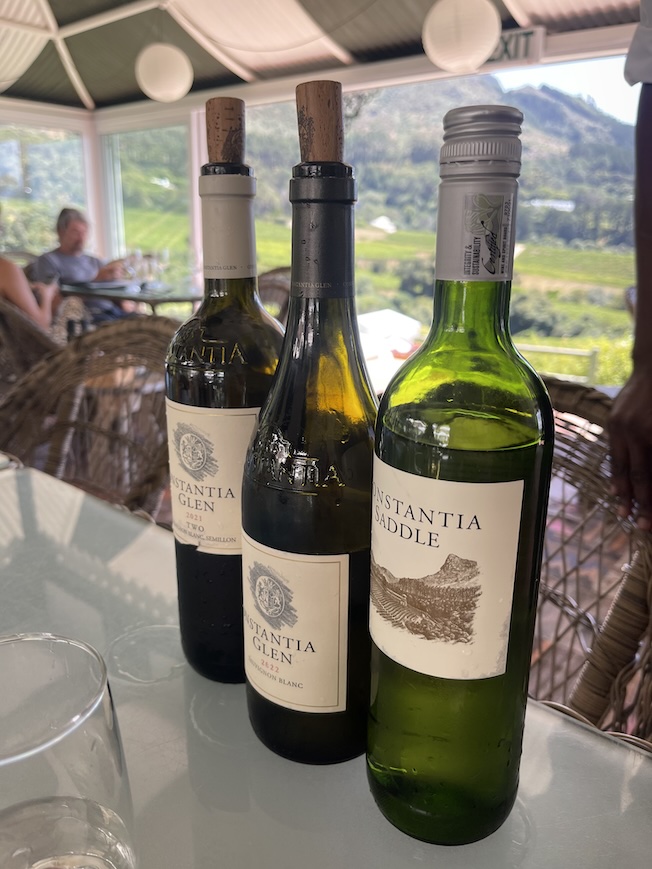

I find South Africa’s alcohol rules a little strange.
You can only buy wine in the supermarket, but there’s usually a liquor store right next door. Liquor stores can’t sell past 8 pm (or 6 pm on Sundays and public holidays) and there are a few dry neighbourhoods in the city.
Public consumption of alcohol is banned, and police come round on the beach to try and catch people out for drinking! I’ve been caught before, and had wine confiscated. Takeaway booze from restaurants isn’t allowed either.
Fancy going wine tasting in Cape Town? Be sure to check out this insider guide!
10) You Can Extend Your Tourist Visa… But It’s a Nightmare
Most tourists are granted a 3 month visa on arrival when they come to South Africa, but you can extend this for another 90 days. However, this process is far from easy.
The forms are confusing, the rules change all the time, and the communication is less than stellar.
I could rant about this for days, but no-one wants that. However, I’ve written a super detailed, step-by-step guide that takes you through the entire process. Check it out if you want to know more about staying in South Africa for up to 6 months.
11) Expect to Get Asked for Money A LOT… But Don’t Be Afraid
I get asked for money a lot in Cape Town. Like, multiple times per day.
I don’t tend to carry cash with me often, so I usually just shake my head and keep on walking. Sometimes I don’t say anything because often this encourages the person and they may start following you, which I find really uncomfortable.
Sometimes, people try to start conversations with you first and then launch into their spiel. I’m always quite wary of strangers coming up to me in public because nine times out of ten, they’re just after what’s in my wallet.
Another thing that will happen often is, you will also be approached as you enter a supermarket, and someone will ask you to buy them some groceries – usually bread and peanut butter.
Again, I want to stress that this is nothing to fear but it will happen pretty often. It’s not a threatening experience and it’s up to you whether you do or don’t give.
12) It’s okay to drive here!
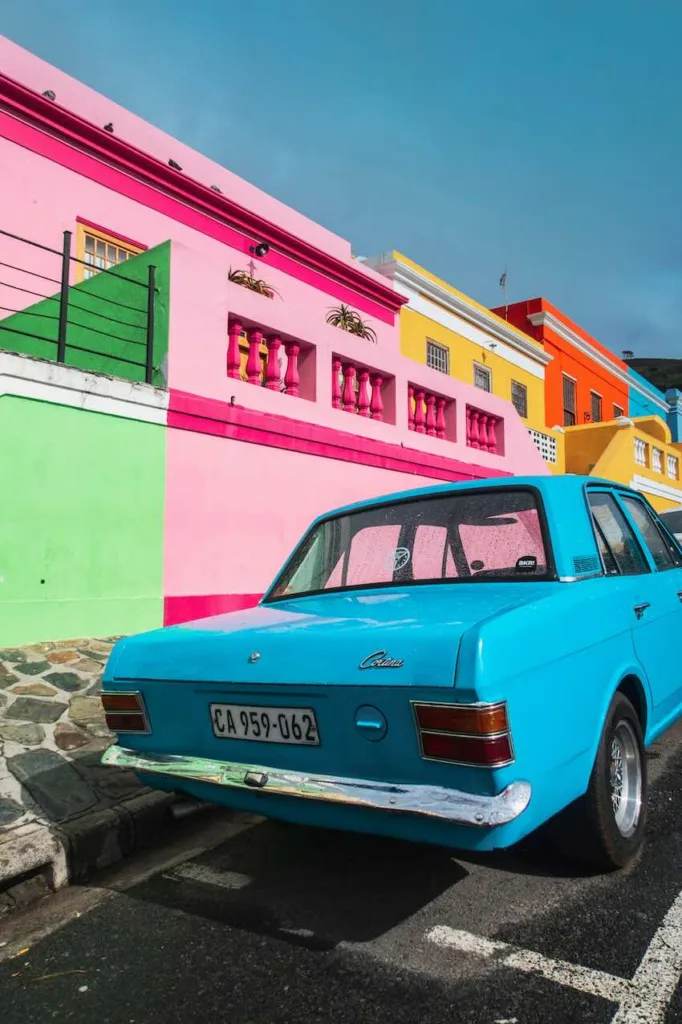
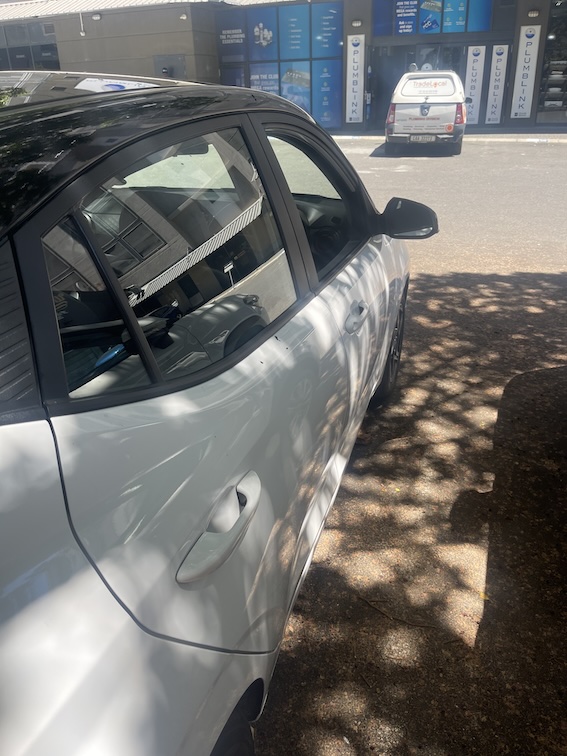
Driving in Cape Town is, for the most part, pretty easy and not that different to driving in other developed countries. You hear stories about it being dangerous to drive in some parts of South Africa, but here in Cape Town, it’s totally fine! I’ve always felt safe driving here and almost all of my friends drive.
If you want to rent a car, I recommend using Discover Cars. I’ve had good experiences with them and they make it really easy to find the best deals. Honestly, I was a bit nervous when I rented a car here for the first time, but I had no problems at all.
13) Cape Town is LGBTQ+ friendly
Cape Town is a super accepting city and is one of the most queer friendly places in South Africa. The De Waterkant neighbourhood in particular is known as a bit of an LGBTQ+ hub, especially Café Manhattan! The crosswalk in front of the Cape Quarter mall is even painted in rainbow colours.
Gay Pride is a big deal in Cape Town. People are truly free to be themselves here. I think in part this has to do with the fact that it’s such a young city and that there is such a strong artistic scene here. Besides, who’s got time to hate on others when you could be at the beach?
14) Avoid taxis
Taxis in Cape Town are shuttle vans that drive like absolute maniacs. They’re part of the public transport system, although they’re not operated by the government. They’re usually run by taxi mafia groups, and they career around the roads like they have nothing to live for.
I really do NOT recommend taking a taxi in Cape Town. I’ve never used one, and neither have any of my friends. If you’re driving, give taxis a wide berth. They will pull out in front of you without any warning and they don’t respect your right of way at all.
Their actions are sometimes enough to induce road rage in the most patient of people, but you just have to accept that they are going to do whatever they want, and get out of the way.
15) Be sensible, but don’t be scared
Cape Town is safe as long as you’re sensible.
Statistically it’s a dangerous city but the crime is very spread out. If you stick to the safe areas, don’t walk alone at night, and don’t advertise your valuables to thieves, you should be absolutely fine.
I was actually surprised by how safe I felt in Cape Town. To be honest, I feel as safe there as I do in any other big city. I felt fine walking around by myself during the day. andwas happy to wear headphones.
Meanwhile, nights out here aren’t dangerous as long as you avoid Long Street and don’t wander off by yourself. Really, all it takes is a little common sense.
If you enjoyed this blog post, you might also like…
